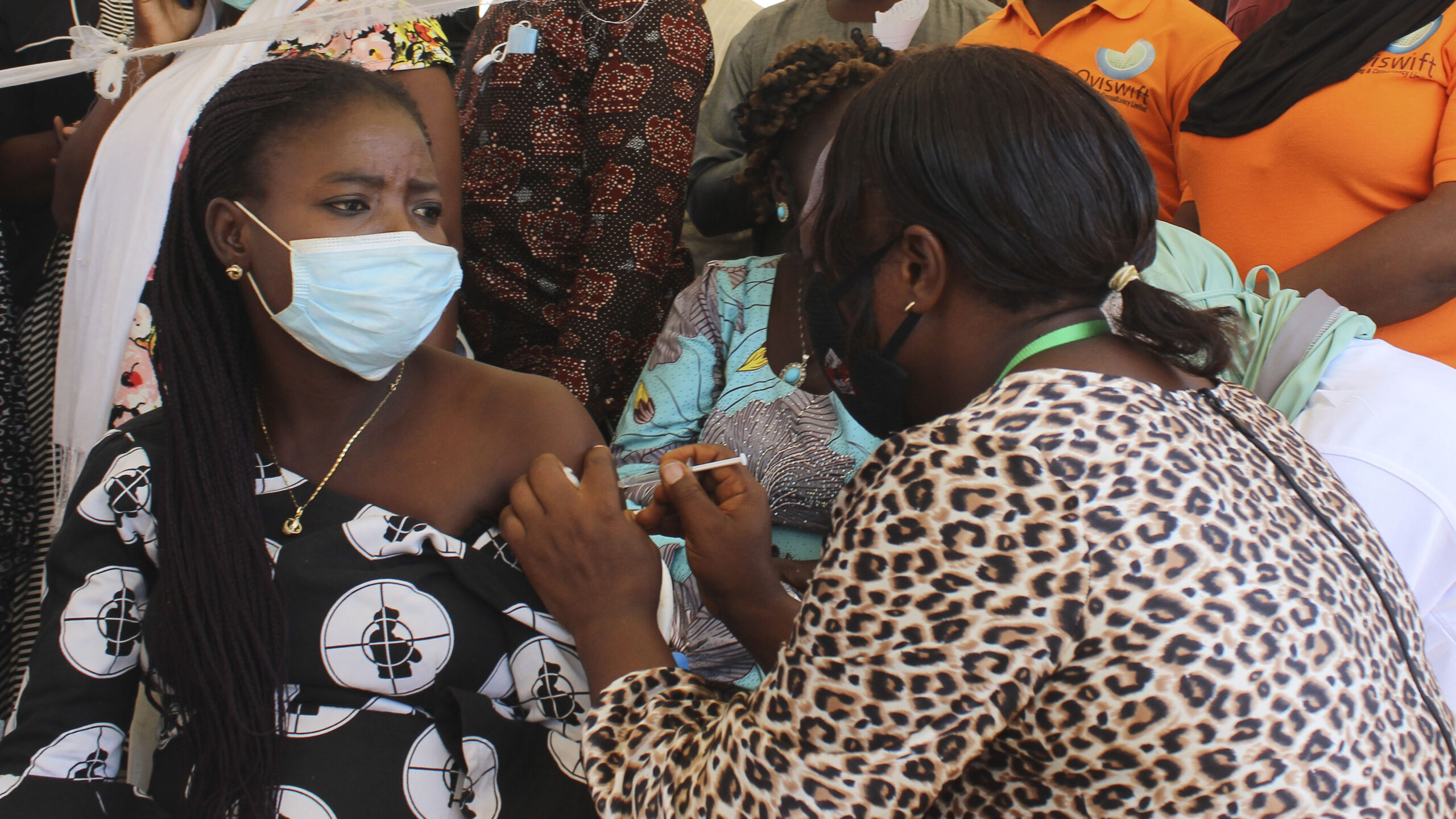The omicron COVID-19 variant is making its presence known across Canada, with travel bans to southern African countries in place since last Friday.
Variant B.1.1.529 was first identified on Nov. 24., in South Africa with the first confirmed case coming from a specimen collected on Nov. 9.
It was first known to arrive in Canada on Nov. 28, when it was reported that two people from Ottawa who had returned from a trip to Nigeria tested positive.
“Ontario is prepared and ready to respond to this new variant,” said Ontario’s Medical Officer of Health Dr. Kieran Moore and Ontario’s Health Minister Christine Elliott in a joint statement made on Sunday.
As of Dec 1, a total of 365 cases had been identified in 27 countries, including Canada. British Columbia, Alberta, and Quebec have reported cases of the growing variant.
While there is some panic among Canadians due to the rise of this new variant especially in Ontario, health experts and politicians are urging calm.
“I want to reassure Ontarians that we are prepared and ready to respond to this or any other new variant,” Moore said at a press conference on Monday.
“The Ontario COVID-19 genomic network is continuing to actively monitor for all potential variants circulating in the province,” Moore said.
When asked if the province is preparing any new public health restrictions in response to Omicron, Moore said there is no reason to do so at the present.
“If we see the widespread presence of Omicron across Ontario, which is not the case at present, then we could review any measures that we need to take at a provincial level,” Moore said, adding he doesn’t have “a crystal ball” to know what lies ahead.
“If it’s a less lethal virus, less impact on the hospital sector, and our vaccines can continue to work against it, we will continue our current strategy and not have to have any further public health restrictions,” he said.
Dr. Takeshi Kasai, the World Health Organization director of the Western Pacific, said during a virtual media conference Thursday that the medical response can adapt to the changes in COVID-19 to reduce their “social, economic and health impact.”
He said the vaccine has been a “game changer,” but warned that no vaccine can be 100-per-cent effective.
He said border controls can slow the spread “and buy time” but Kasai said nations and communities should prepare for new surges with vigilance in using masks, keeping distances and other measures along with higher rates of vaccinations.
“The positive news in all of this is that none of the information we have currently about omicron suggests we need to change the directions of our response,” Kasai said. He said the experience gained in the past two years provides guidance in how to react to surges and new variants.
Premier Doug Ford echoed the same statement at his press conference on Wednesday in Mississauga.
“I don’t foresee us having to take any new steps at present, we will have to understand if it is more virulent or increases the incidence of hospitalization,” he said
“We’re still learning more — Dr. Moore was very clear that if there is a big change in circumstance, including a new variant that is problematic, we would have to stay where we are and reassess,” Ford said.
“The discovery of the variant here in Ontario is cause for concern, but it does not cause for panic,” the premier said. “Every day we learn more about Omicron, and every day we hold off more cases from entering our country is more time we have to learn and prepare.
“So the best thing we can do right now is to fortify our borders, our best defence is keeping the variant out of our country,” he said.
Ford thanked Ottawa for its quick move to implement mandatory COVID-19 testing for all passengers arriving at a Canadian airport from a foreign country, with the exemption of the U.S.
Ryerson University Psychology Professor James Tiessen said there was no need to think about a potential nationwide lockdown due to the rising variant case counts.
“I don’t think lockdowns are necessary for this variant,” he told Humber Et Cetera. “Although we know it may spread more, we don’t know how deadly it is yet compared to previous ones, so we shouldn’t jump to conclusions.”
Tiessan argued that most people have already done their part in the fight against COVID-19 by getting fully vaccinated.

